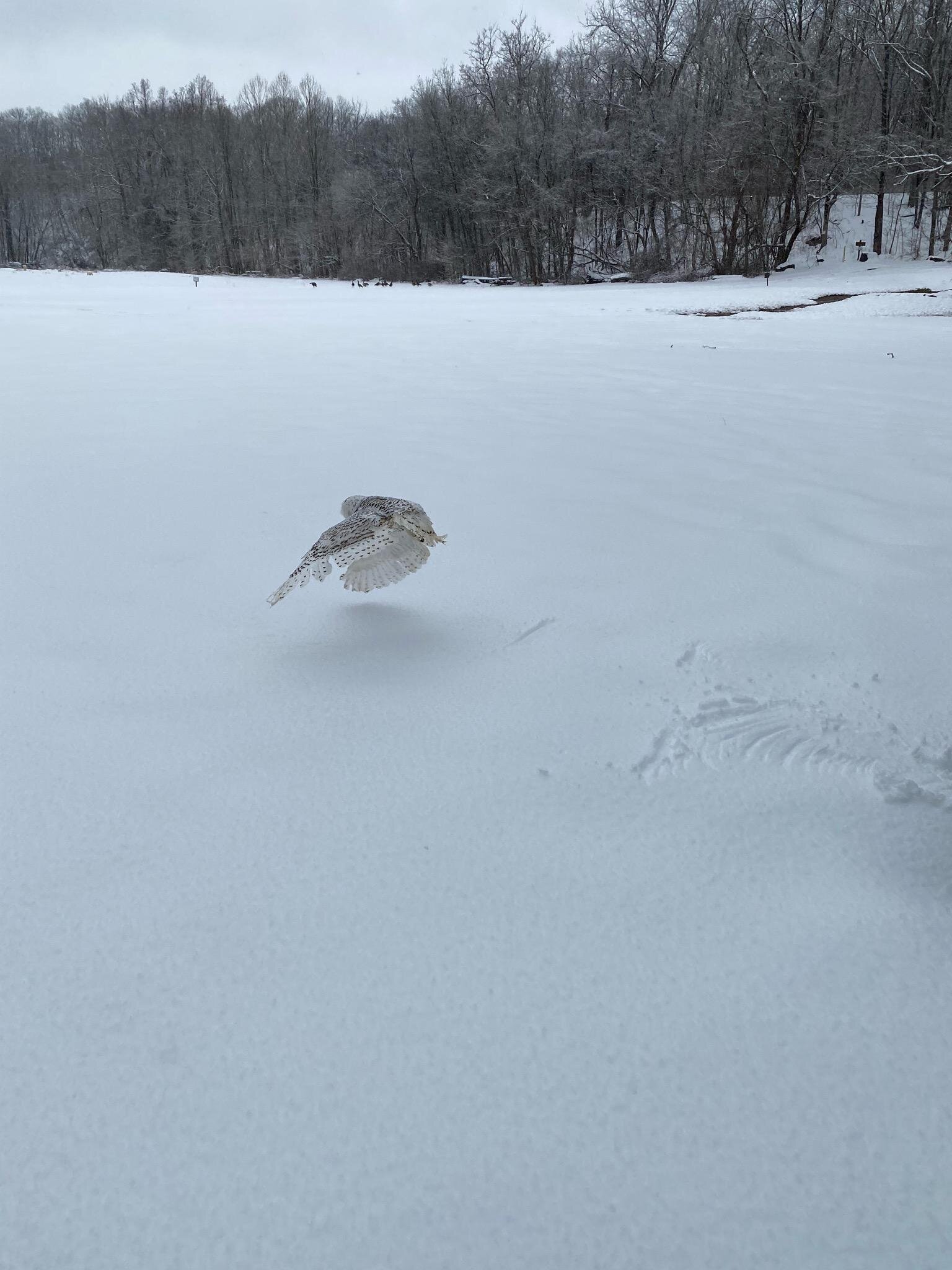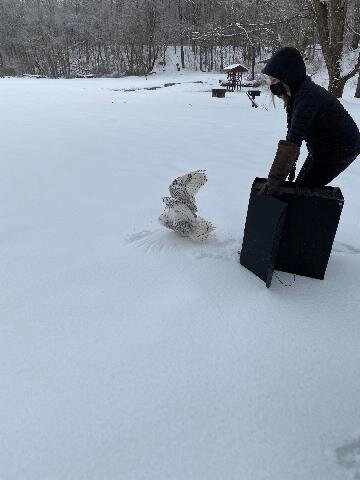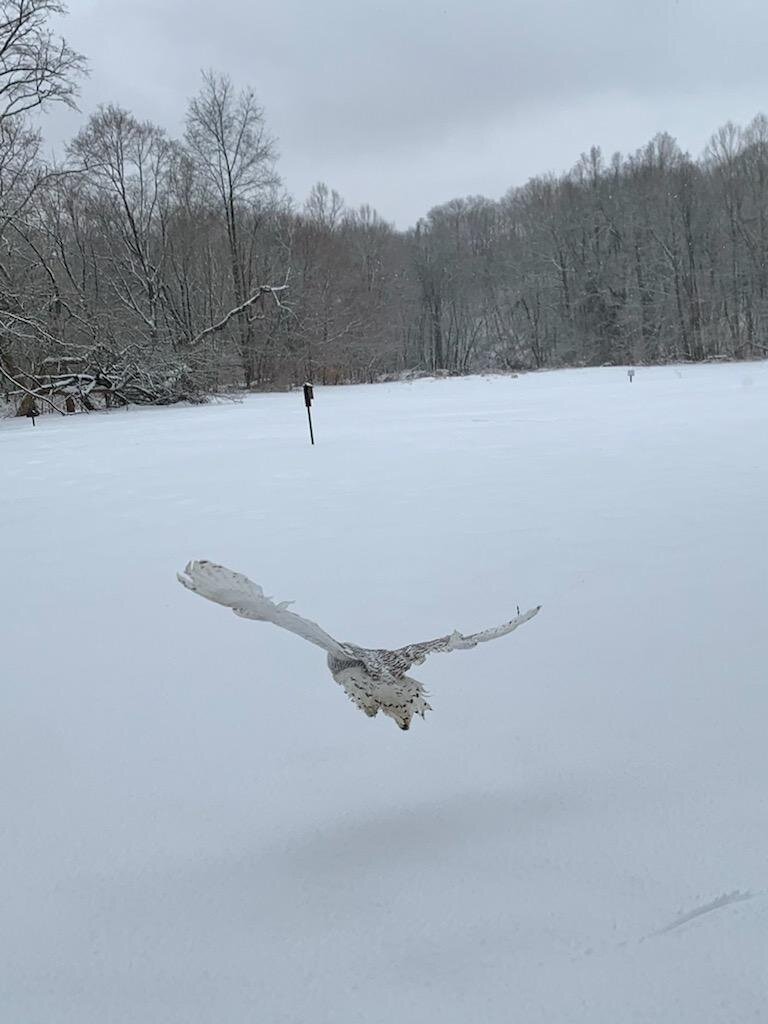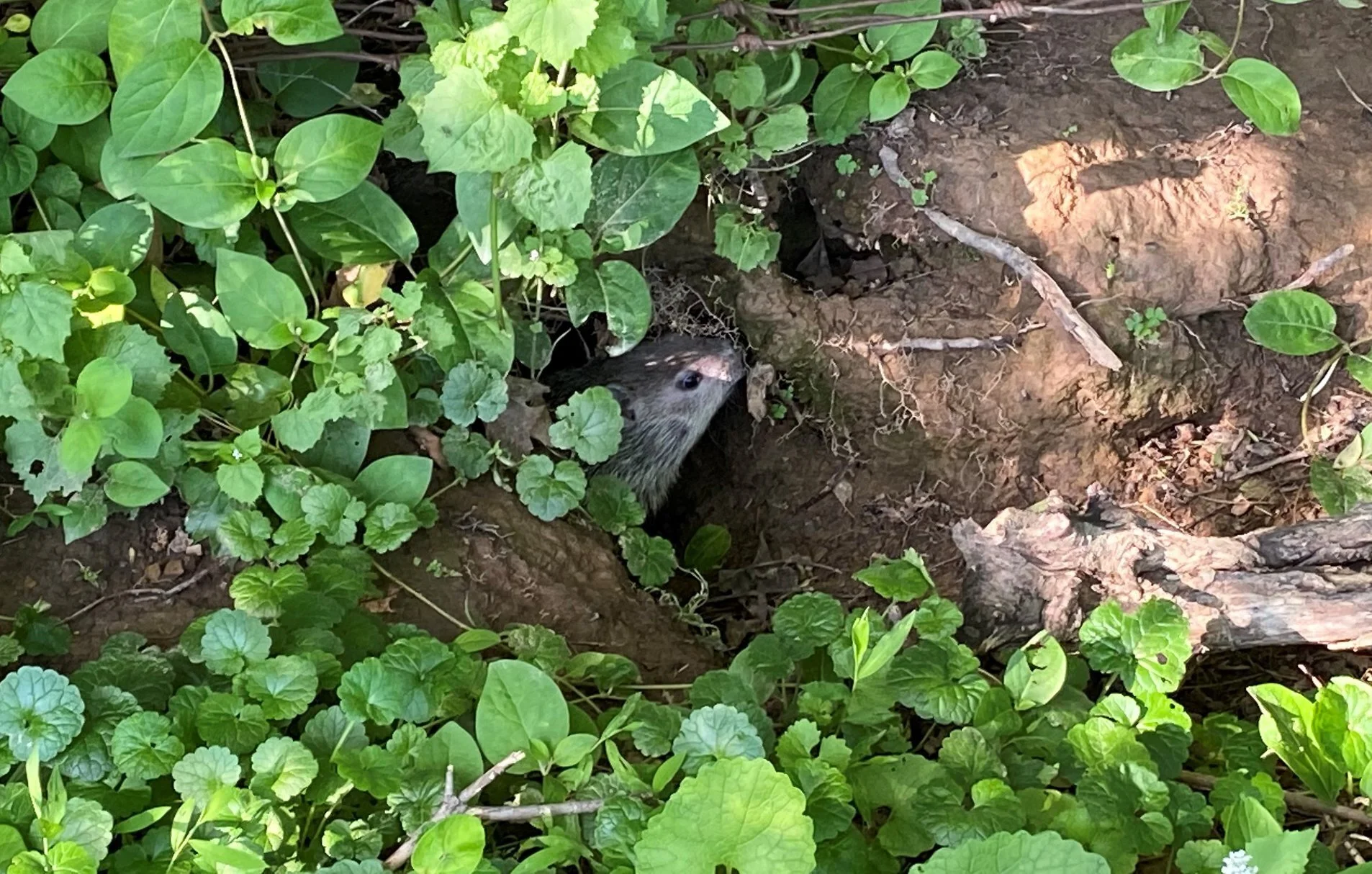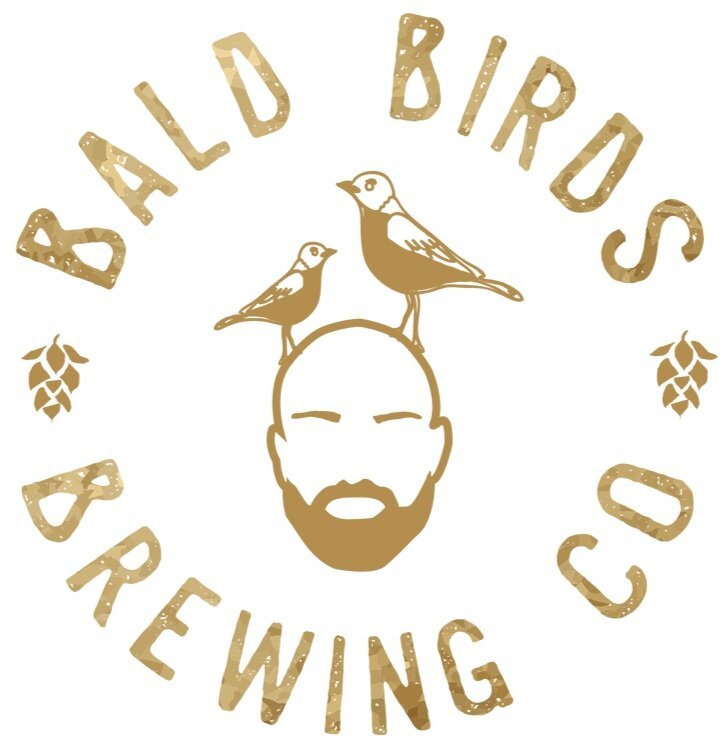Happy new year. Our first patient of 2023 was an eastern cottontail. So, here at Philadelphia Metro Wildlife Clinic, it is the year of the rabbit. What this year has in store for us is anyone’s guess. But, whatever may come, we will be here every day (rain or shine) to answer your calls and admit new patients.
A happy, healthy and meaningful year to one and all.

